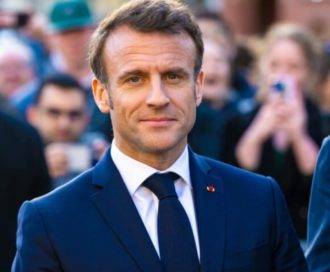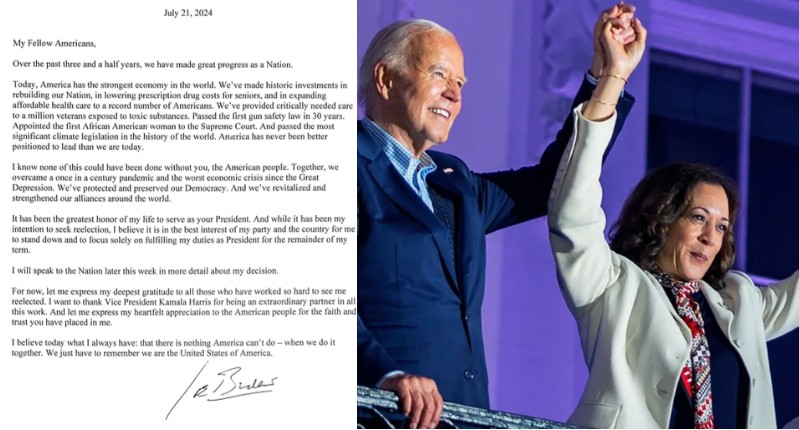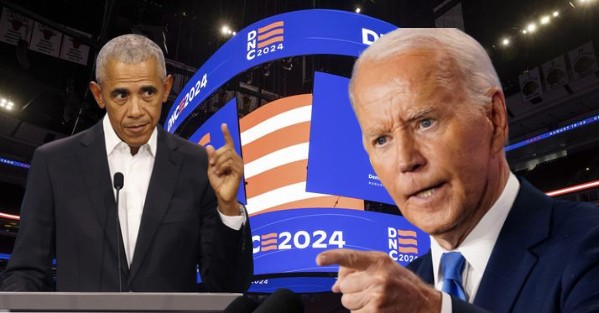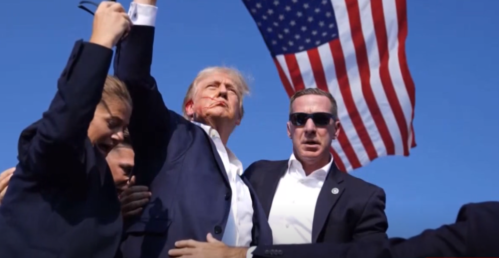French President Emmanuel Macron has opted not to extend congratulations to Russian President Vladimir Putin following his landslide victory in Sunday’s election. This decision comes amid widespread condemnation from France and other Western nations, labeling the electoral process as neither free nor fair. Exit polls indicate Putin secured over 87 percent of the vote, a margin critics argue was achieved through the suppression of political opposition and stifling of dissenting voices.
In a statement to Le Parisien, Emmanuel Macron underscored the ethical dilemma of congratulating Vladimir Putin amidst allegations of human rights abuses and the suppression of democratic principles within Russia. He remarked, “One cannot congratulate someone for an election lined with the death of those who fought for pluralism in Russia.” Emmanuel Macron’s decision reflects a departure from the diplomatic norm, particularly given Putin’s gesture of congratulating Macron upon his re-election in April 2022.
International Criticism and Civil Response
The French President’s Emmanuel Macro Refusal to congratulate Vladimir Putin echoes broader international sentiment regarding the legitimacy of Russia’s electoral process. Western countries, including France, have decried the imprisonment of political opponents and the curtailment of fundamental freedoms as evidence of systemic electoral irregularities. Emmanuel Macron condemned the acute repression of civil society and the stifling of opposition voices, citing escalating restrictions on freedom of expression and the suppression of independent media.
Meanwhile, Russians residing abroad, including a sizable community in Paris, actively participated in the electoral process. Despite allegations of electoral misconduct, thousands queued outside the Russian embassy in Paris, demonstrating a commitment to exercising their voting rights. Notably, a grassroots movement led by Yulia Navalnaya, widow of opposition leader Alexei Navalny, galvanized Russian dissidents and supporters to cast their ballots at designated polling stations. This concerted effort underscored the resilience of civil society in the face of political adversity.
Activism and Advocacy in Paris
In the aftermath of Putin’s re-election, dissenting voices converged in Paris to denounce the outcome and advocate for political reform in Russia. Hundreds rallied at Trocadero, denouncing Putin’s regime and demanding the withdrawal of Russian troops from Ukraine. Russian dissidents, joined by French officials, voiced their solidarity with pro-democracy activists within Russia, amplifying calls for accountability and transparency in the electoral process. The demonstration served as a poignant reminder of the global reverberations of Russia’s internal affairs and the enduring quest for democratic governance.
As Macron refrains from extending customary felicitations to Putin, the diplomatic rift underscores the broader geopolitical tensions between Russia and Western democracies. Despite international condemnation, the Kremlin remains steadfast in its assertion of electoral legitimacy, signaling ongoing challenges in fostering constructive dialogue and cooperation on the world stage.
Vladimir Putin Claims Victory in Russian Presidential Election Amidst International Tensions
In the aftermath of the Russian presidential election, tensions between Russia and the West have intensified, with President Vladimir Putin asserting his victory as a message to the Western powers. Russian Foreign Affairs spokesperson Maria Zakharova dismissed claims that opposition supporters had voted at embassies in Paris and other locations, emphasizing that individuals had exercised their right to vote despite Western threats.
Zakharova’s remarks, communicated via Telegram, underscore Russia’s defiance against Western pressure and its commitment to upholding democratic processes. Putin, in a post-election address to reporters in Emmanuel Macron, emphasized the significance of the election outcome as a demonstration of unity and resolve against Western interference. He interpreted the victory as vindication of his policies, particularly regarding Ukraine, where Russian troops have been deployed.
Despite heightened tensions, Putin expressed openness to diplomatic efforts, suggesting that France could play a constructive role in facilitating peace talks with Ukraine. His comments followed French President Emmanuel Macron’s recent remarks regarding the potential deployment of ground troops to Ukraine. Putin’s willingness to engage in dialogue, while maintaining a firm stance, reflects Russia’s complex position on the international stage.
Path to Peace: Vladimir Putin’s Diplomatic Overture Amidst Ongoing Conflict
In a bid to address escalating tensions with the West and the ongoing conflict in Ukraine, President Putin has signaled a willingness to engage in peace talks while reaffirming Russia’s military resolve. Vladimir Putin’s post-election remarks, emphasizing the importance of diplomatic efforts, offer a glimpse into Russia’s strategy for navigating the geopolitical landscape.
Vladimir Putin’s assertion that “all is not lost yet” underscores his belief in the possibility of a diplomatic resolution to the Ukraine crisis, even as military operations continue. His emphasis on the need for peace talks, coupled with a firm stance against perceived Western aggression, highlights the complexities of Russia’s foreign policy objectives.
As the international community grapples with the implications of Vladimir Putin’s victory and its broader geopolitical ramifications, the path to peace in Ukraine remains uncertain. However, Putin’s willingness to engage with Western counterparts, including France, suggests a potential avenue for diplomatic progress amidst ongoing tensions. The outcome of future negotiations will likely shape the trajectory of Russia’s relations with the West and the resolution of the conflict in Ukraine.
Table of Contents
Discover more from OGM News NG
Subscribe to get the latest posts sent to your email.














